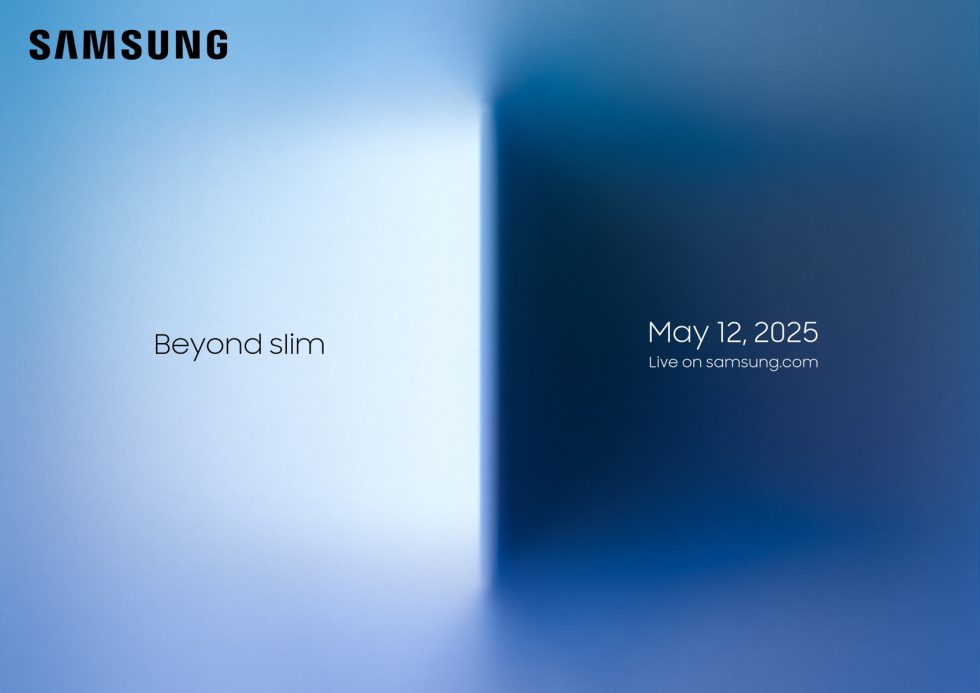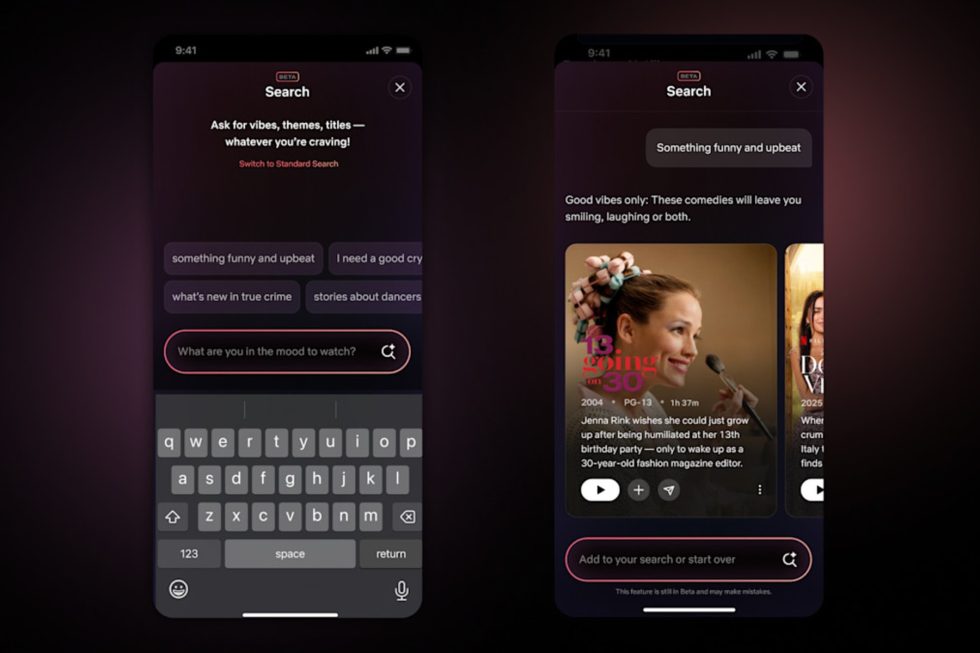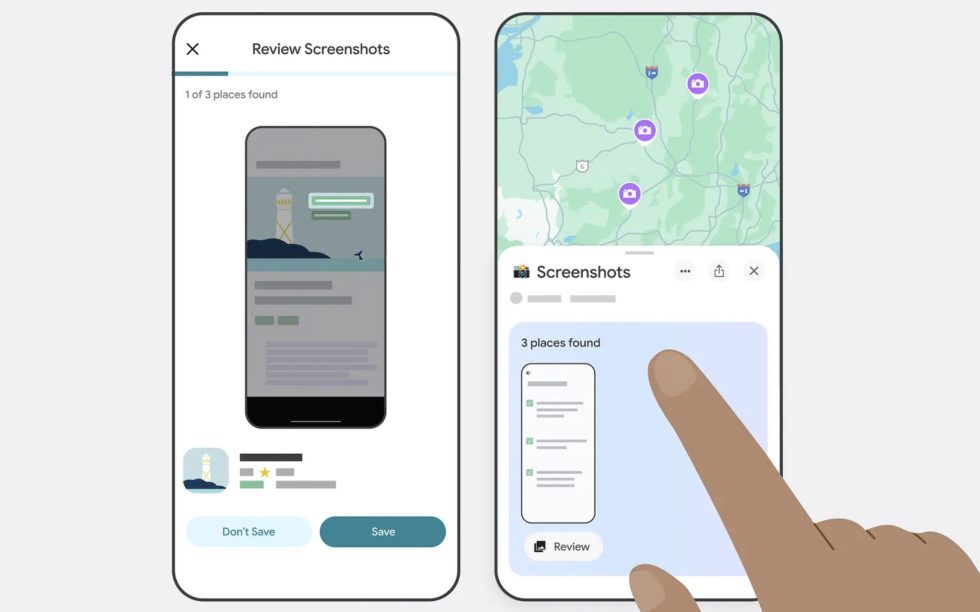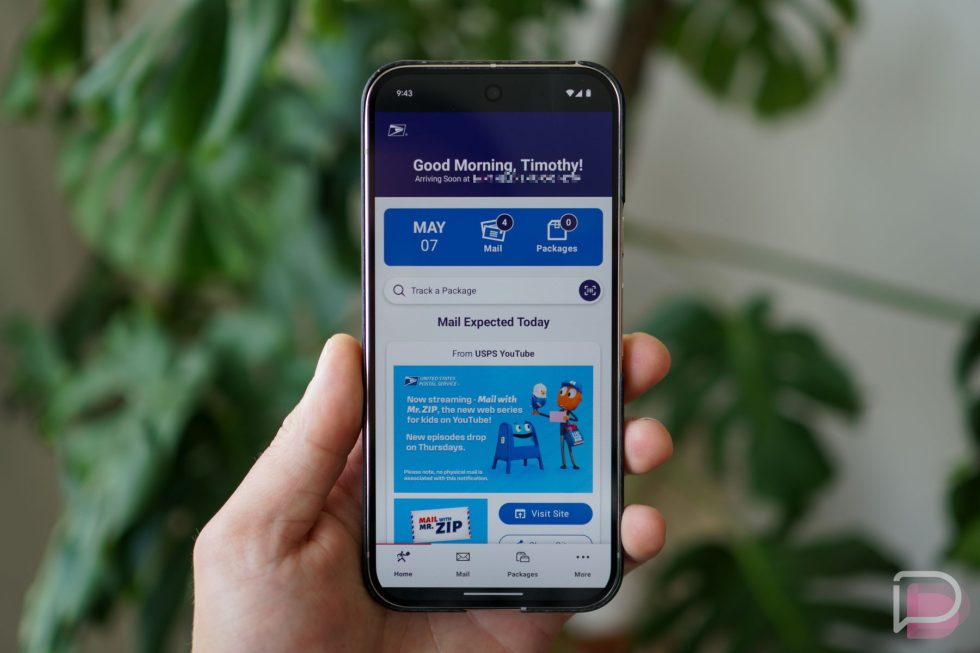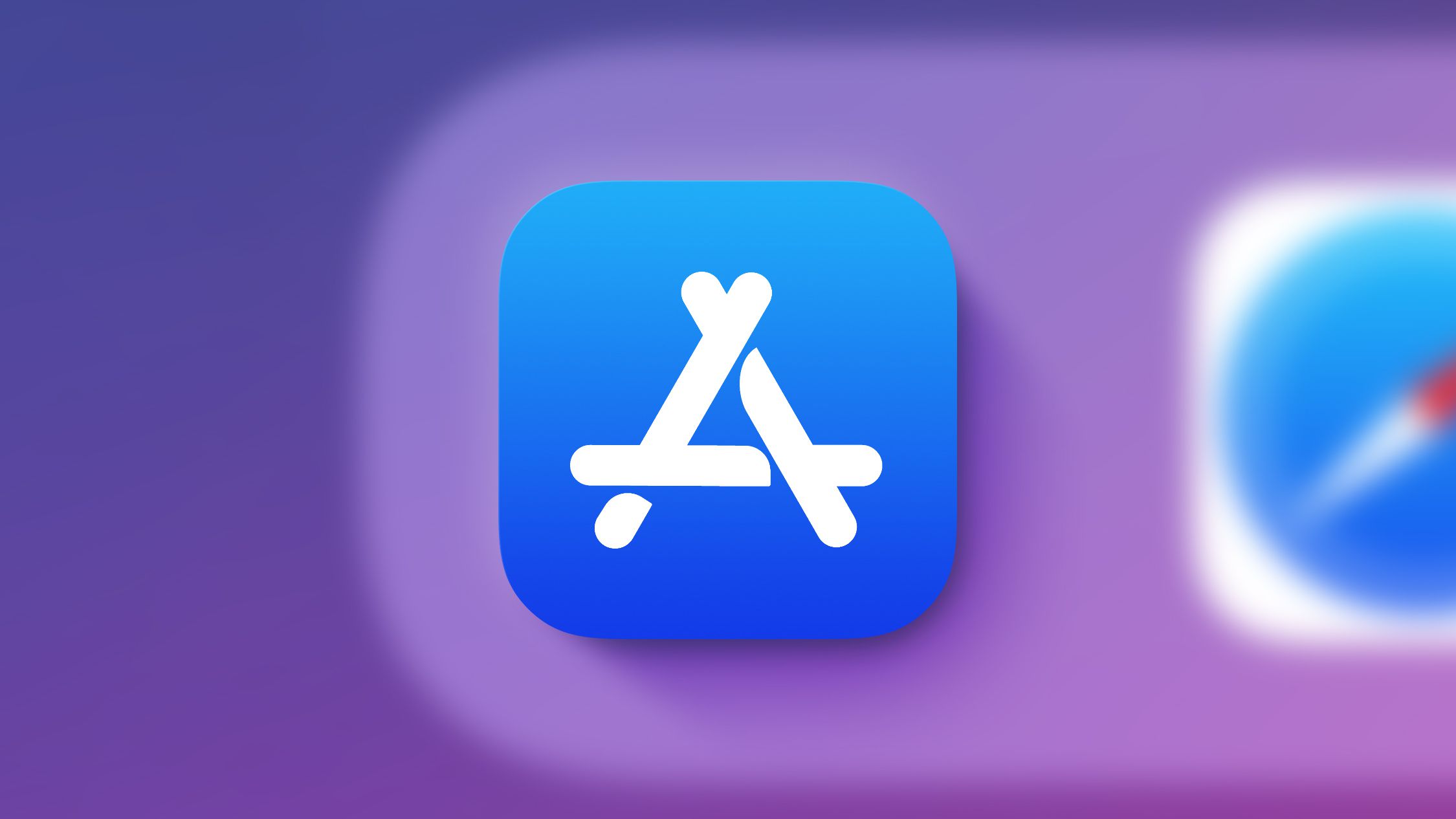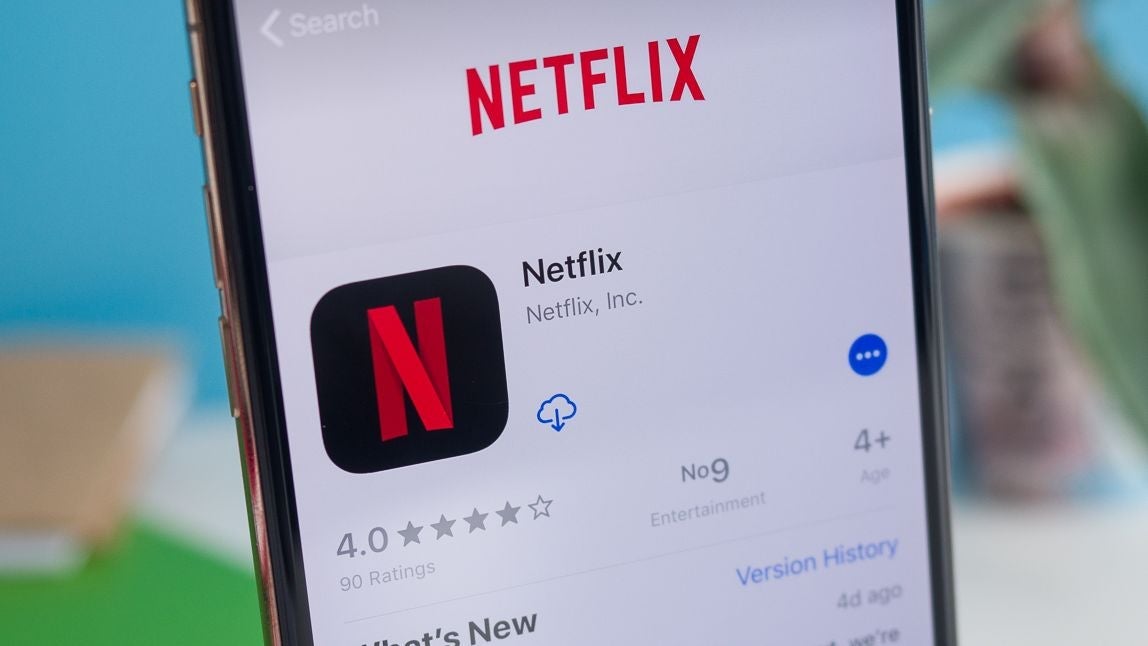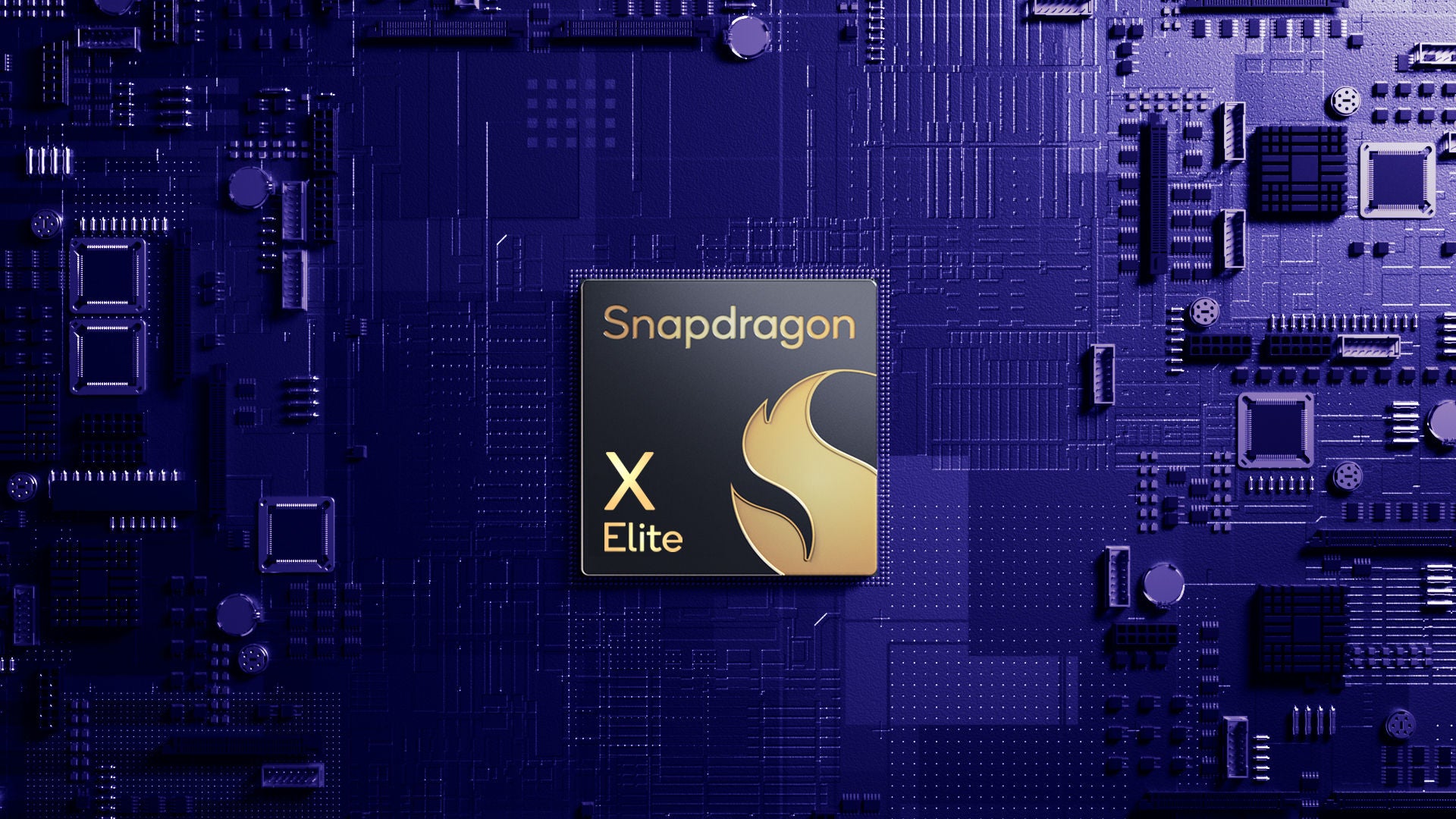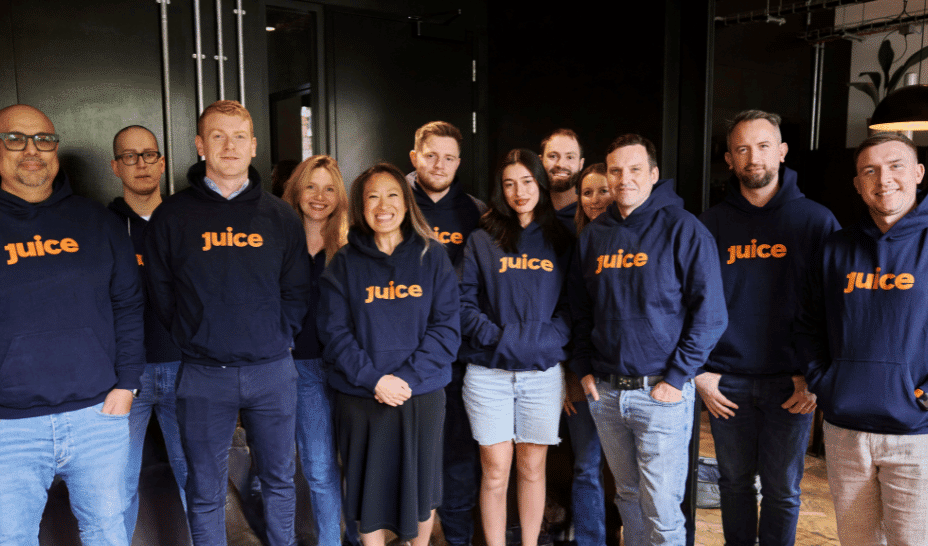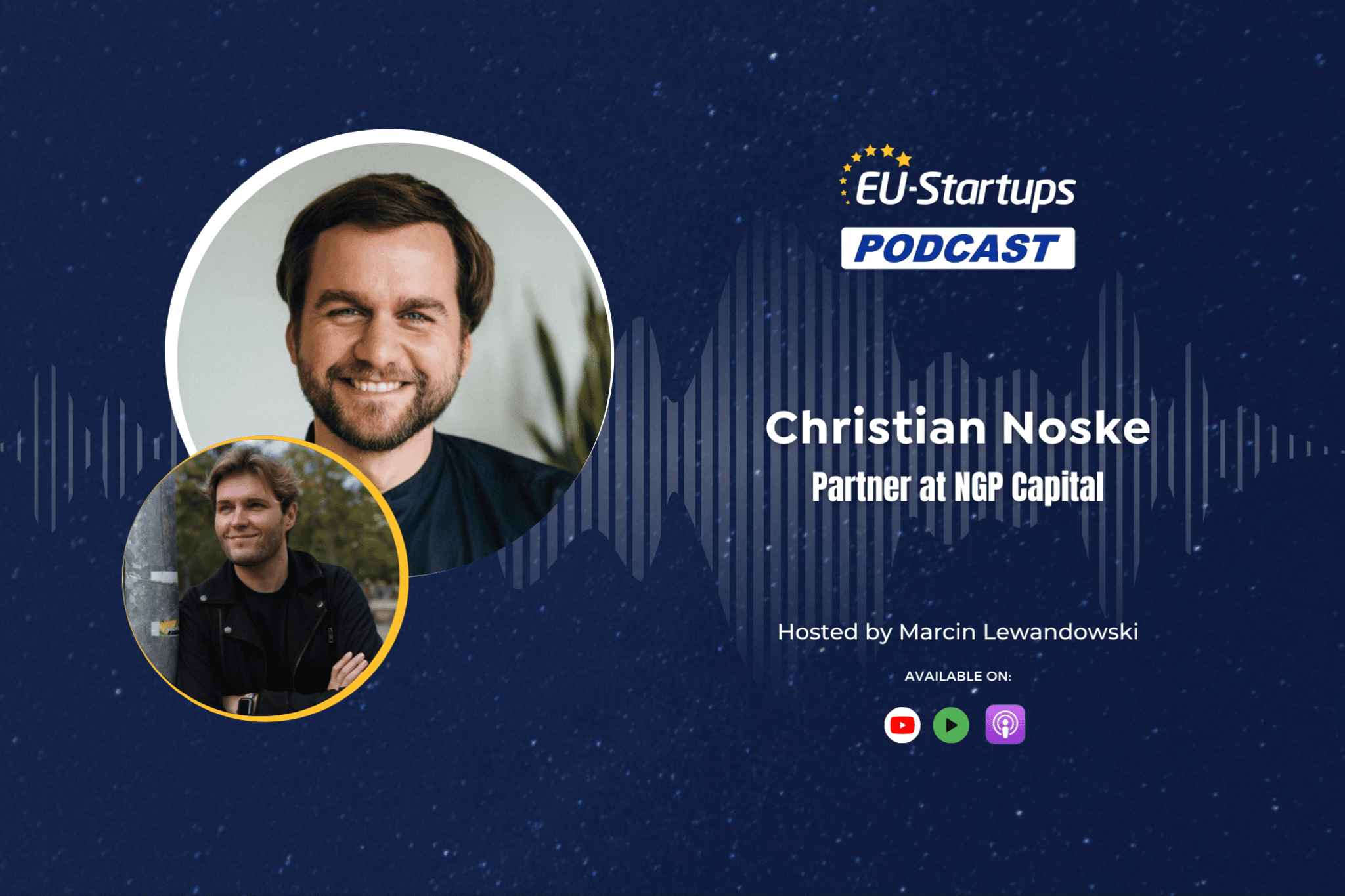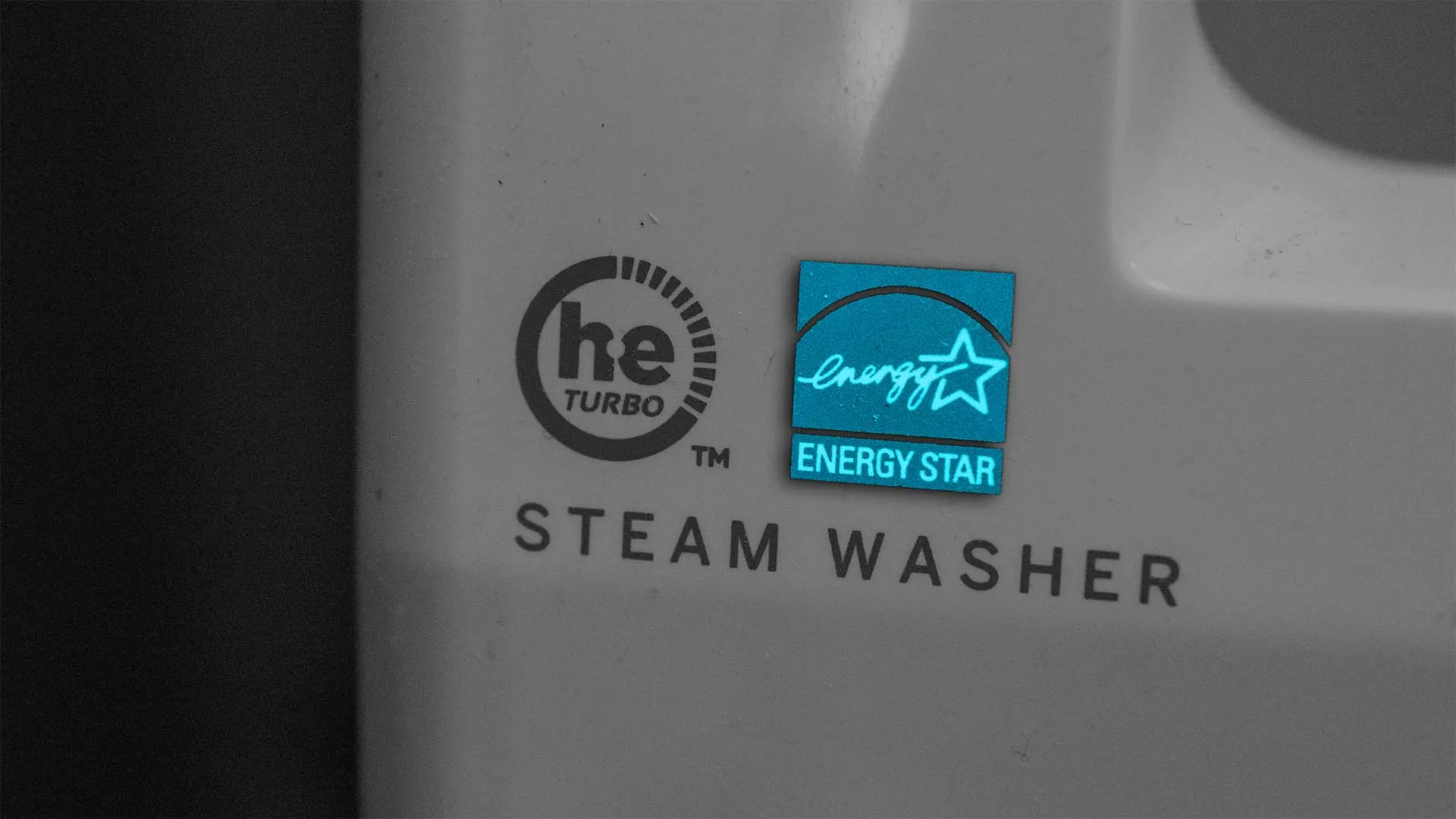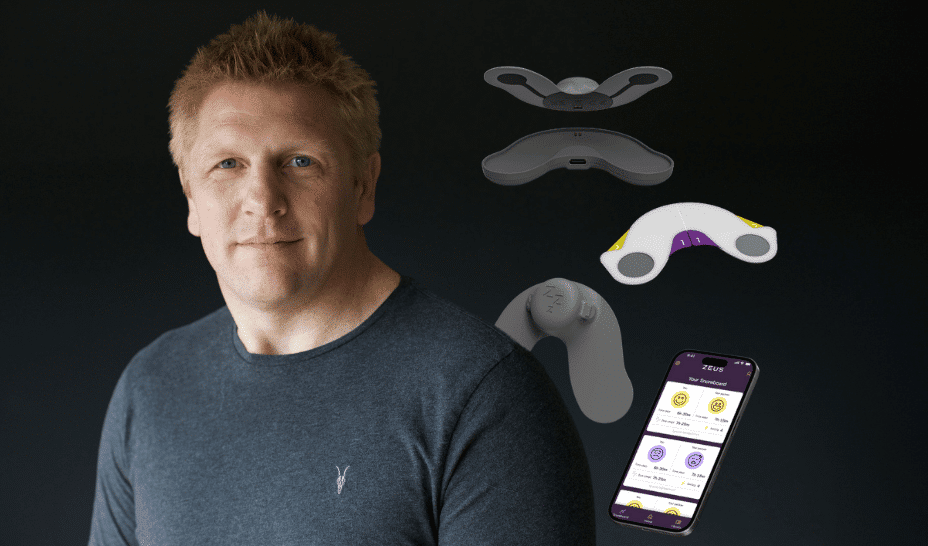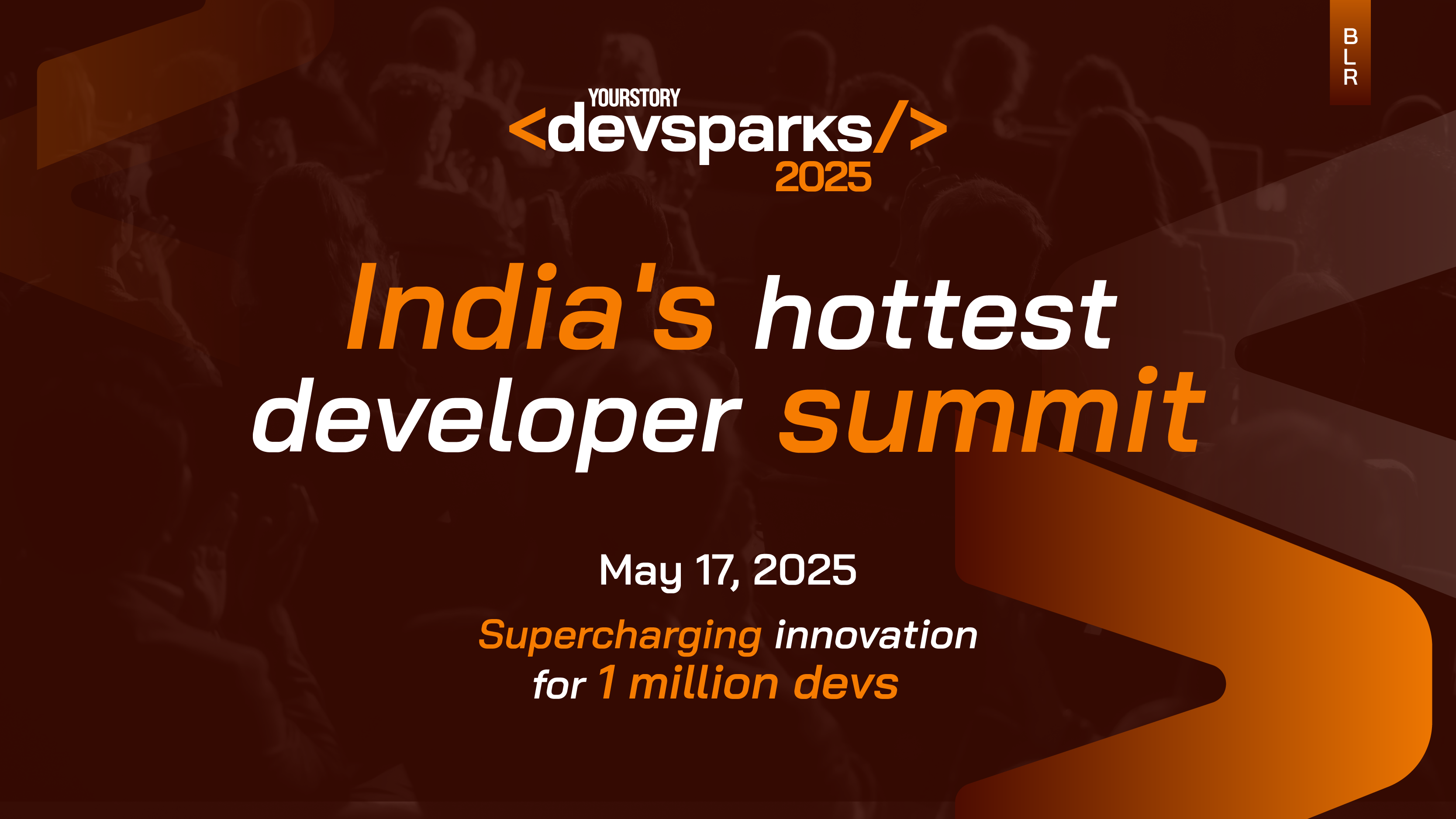How startups can close more deals with predictive intelligence
Predictive intelligence is transforming the sales process by analysing buyer intent signals, engagement history, and market trends.
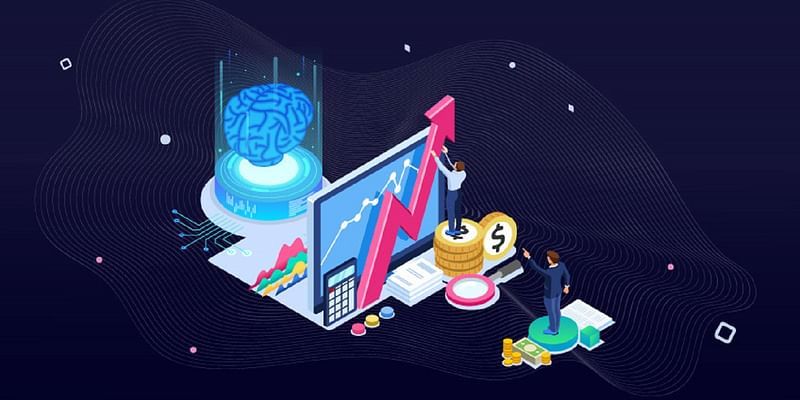

For startups, closing deals is often a race against time and resources. With limited budgets, small sales teams, and fierce competition, every sales decision matters. Traditional prospecting methods, cold calls, mass emails, and guesswork, fail to deliver results in today’s data-driven sales environment. The key to accelerating revenue growth lies in predictive intelligence, an AI-driven approach that helps startups prioritise high-value leads, optimize outreach, and improve conversion rates.
Predictive intelligence is transforming the sales process by analysing buyer intent signals, engagement history, and market trends. It enables sales teams to move beyond intuition and focus on prospects who are most likely to convert. In this article, we’ll explore how startups can leverage predictive intelligence to close more deals faster and with greater efficiency.
The Challenge: Why startups struggle with sales efficiency
Most startups encounter the same set of sales challenges:
1. Unfocused Prospecting – Many startups waste time pursuing leads that are unlikely to convert. Without data-driven insights, sales teams often chase the wrong prospects, leading to low conversion rates.
2. Limited Resources – Startups don’t have the luxury of large sales teams or extensive budgets. Every sales action must yield the maximum return on investment (ROI).
3. Long Sales Cycles – The inability to identify high-intent buyers early stretches sales cycles, delaying revenue growth. Predictive intelligence addresses these challenges by helping startups focus on the right leads, personalize outreach, and optimize their sales funnel.
What is Predictive Intelligence in sales?
Predictive intelligence uses AI and machine learning to analyze vast amounts of sales data—including buyer intent, historical engagement, and industry trends, to determine which leads are most likely to convert.
It goes beyond basic lead scoring by factoring in real-time behavioral signals such as:
● Website activity and engagement (e.g., visiting a pricing page or downloading a whitepaper) ● Email interactions (e.g., open rates, response patterns)
● Social media engagement (e.g., commenting on relevant posts, following industry influencers)
● Firmographics and technographics (e.g., company size, revenue, technology stack) This allows startups to predict which prospects are in-market for their solution and prioritize their outreach accordingly.
How startups can use predictive intelligence to close more deals
1. Identify High-Intent Prospects with AI-Powered Lead Scoring Instead of relying on manual lead qualification, startups can use AI-driven lead scoring models that rank prospects based on their likelihood to convert.
Example: A SaaS startup analysing buyer intent signals—such as repeated visits to its demo request page—can prioritize outreach to those prospects first. Research from HubSpot shows that sales teams using AI-driven lead scoring close deals are 30% faster than those using traditional methods. By focusing on the warmest leads, startups can improve their win rates while reducing wasted effort.
2. Shorten sales cycles with real-time engagement insights
Timing is critical in sales. Predictive intelligence helps sales teams determine when a prospect is most likely to respond based on past behaviors and industry trends.
Example: If a startup’s target customers typically engage with emails on Wednesday mornings, AI-powered outreach tools can automatically schedule emails for that optimal time, improving response rates.
A study by eWEEK found that predictive sales analytics reduces sales cycle length by up to 25%, helping startups generate revenue faster.
3. Personalise sales messaging based on buyer intent
Predictive intelligence enables sales reps to tailor outreach based on real-time prospect activity rather than using generic, one-size-fits-all pitches.
Example: If a prospect has been researching cybersecurity compliance, a sales rep can reach out with a case study specifically highlighting how their product solves compliance challenges. According to Salesforce, personalised sales messaging increases email response rates by 80%, leading to higher conversion rates.
4. Automate follow-ups with AI-driven sales cadences
Many deals are lost due to poor follow-up. Predictive intelligence ensures that no high-value lead falls through the cracks by recommending the optimal follow-up sequence based on past interactions.
Example: If a prospect opens an email but doesn’t respond, AI can trigger a LinkedIn message instead of another email, based on past success rates. Startups using AI-driven sales cadences see a 40% improvement in lead engagement.
5. Forecast sales and revenue more accurately
Startups often struggle with accurate sales forecasting, leading to poor decision-making. Predictive analytics allows startups to forecast revenue and pipeline health with precision by analyzing Historical deal patterns, Market trends and Seasonal demand fluctuations.
Example: A startup using AI-driven sales forecasting can predict slow sales periods in advance, allowing it to adjust hiring, budget allocations, and marketing campaigns accordingly. According to Harvard Business Review, companies using AI for sales forecasting improve revenue predictability by 50%, enabling better business planning and scalability.
Final thoughts: Why startups need predictive intelligence
For startups, every sales opportunity counts. Predictive intelligence eliminates guesswork, enabling teams to Prioritize high-intent leads for faster conversions, Time outreach optimally for higher engagement rates, Personalize sales messaging to resonate with prospects,
Automate sales cadences for consistent follow-ups, Accurately forecast revenue for better business decisions. By integrating predictive intelligence into their sales process, startups can scale faster, increase revenue, and stay ahead in competitive markets.
Kapil Khangaonkar is the Founder and CEO of Clodura.AI
(Disclaimer: The views and opinions expressed in this article are those of the author and do not necessarily reflect the views of YourStory.)












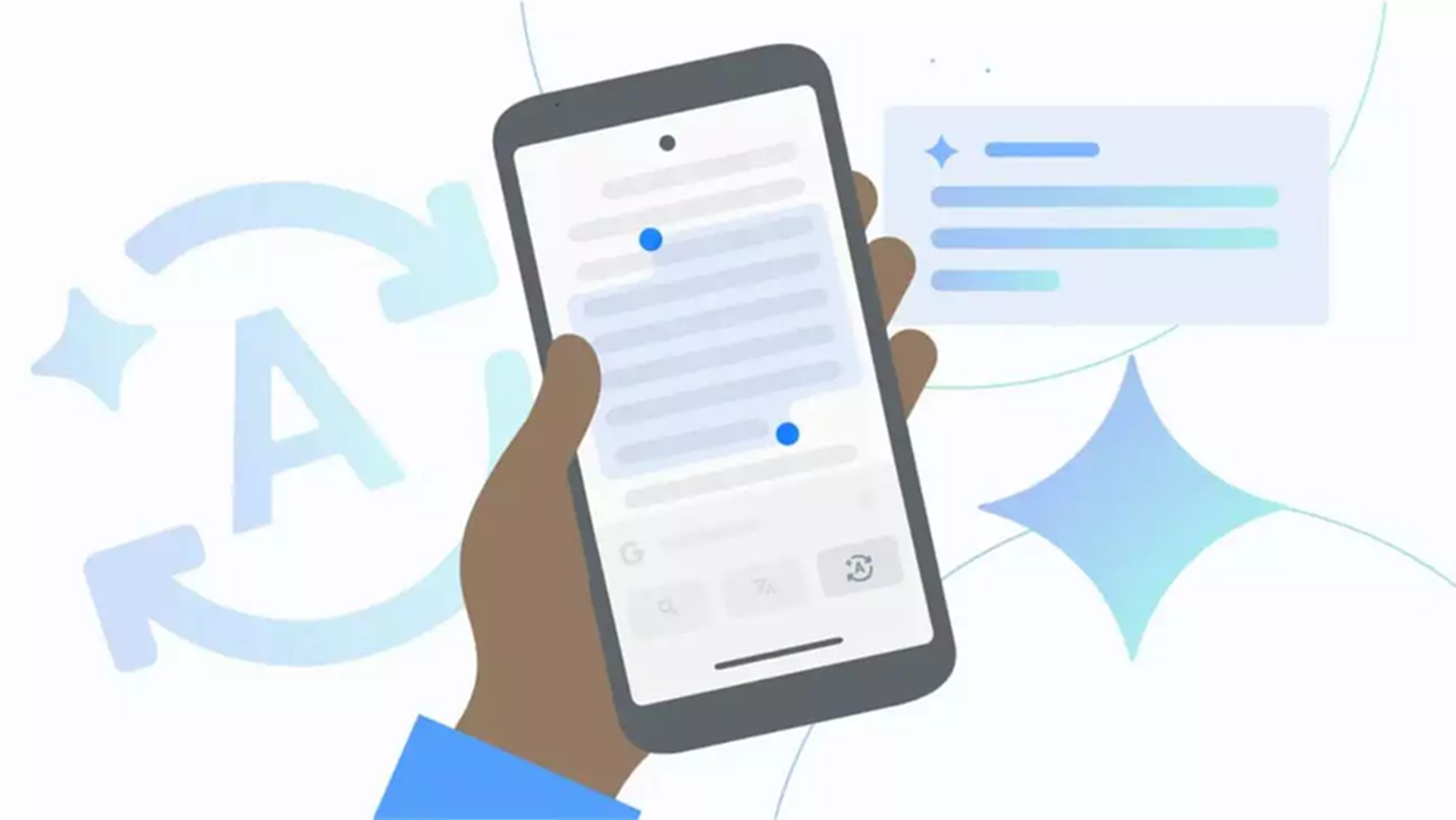

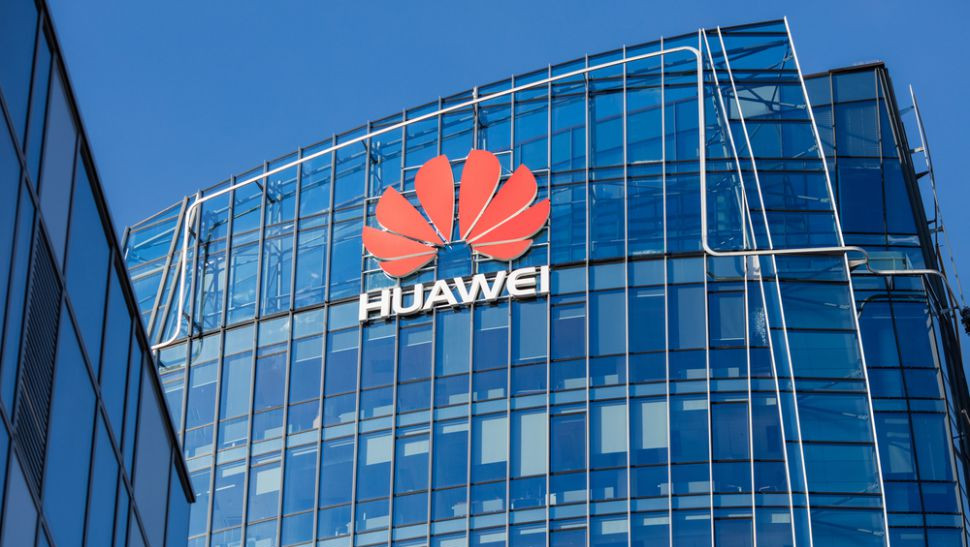
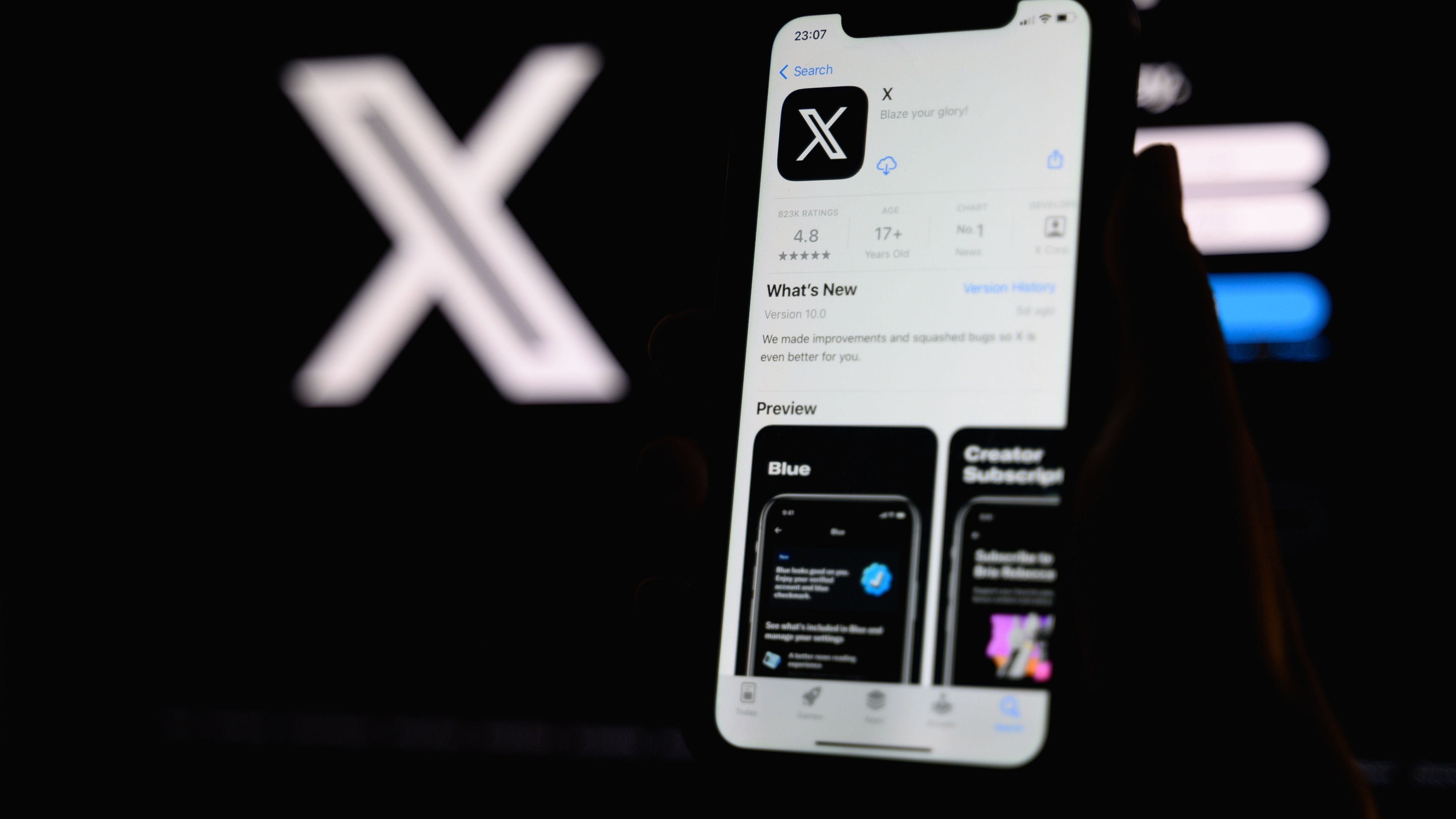
























































































































































![[The AI Show Episode 146]: Rise of “AI-First” Companies, AI Job Disruption, GPT-4o Update Gets Rolled Back, How Big Consulting Firms Use AI, and Meta AI App](https://www.marketingaiinstitute.com/hubfs/ep%20146%20cover.png)










































































































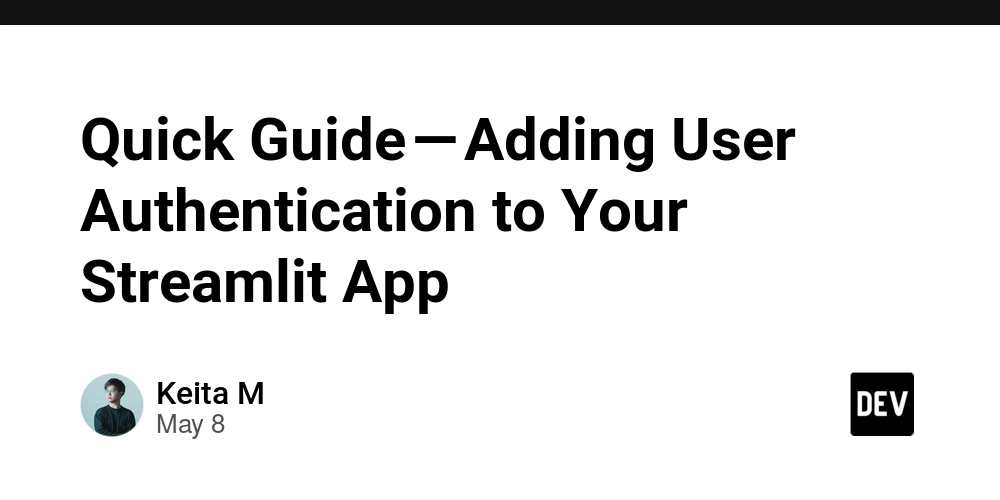
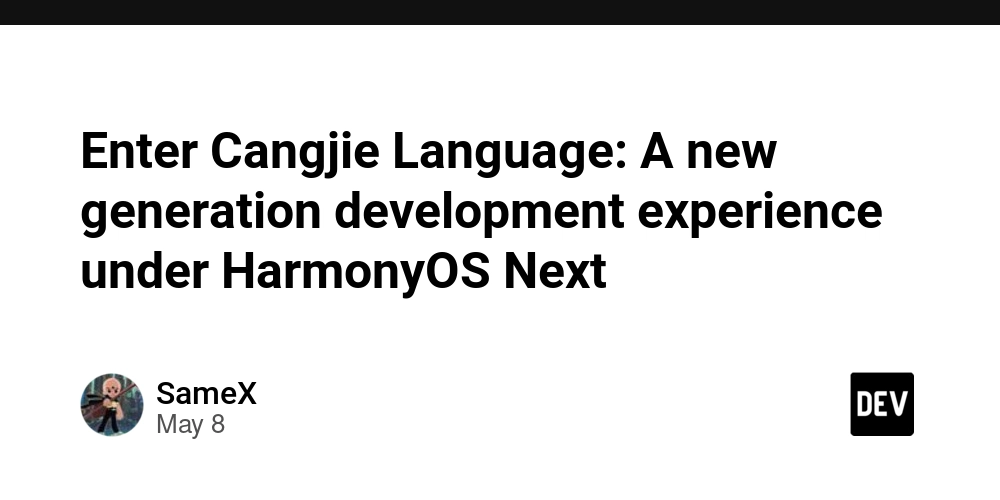


























































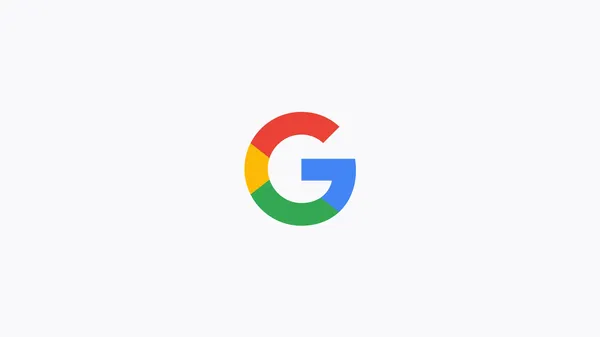
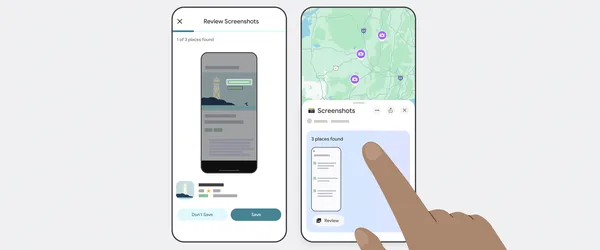
















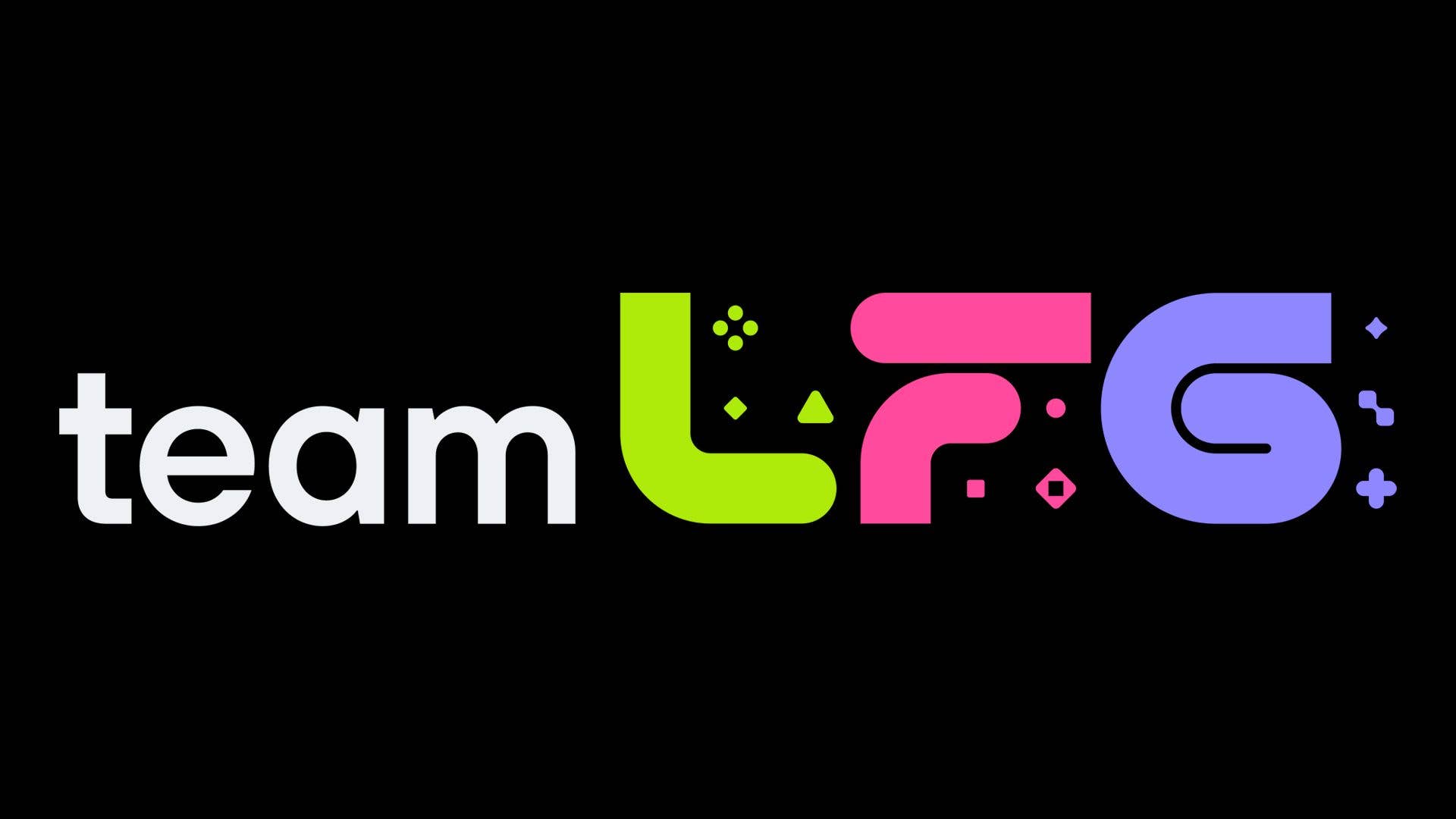
















































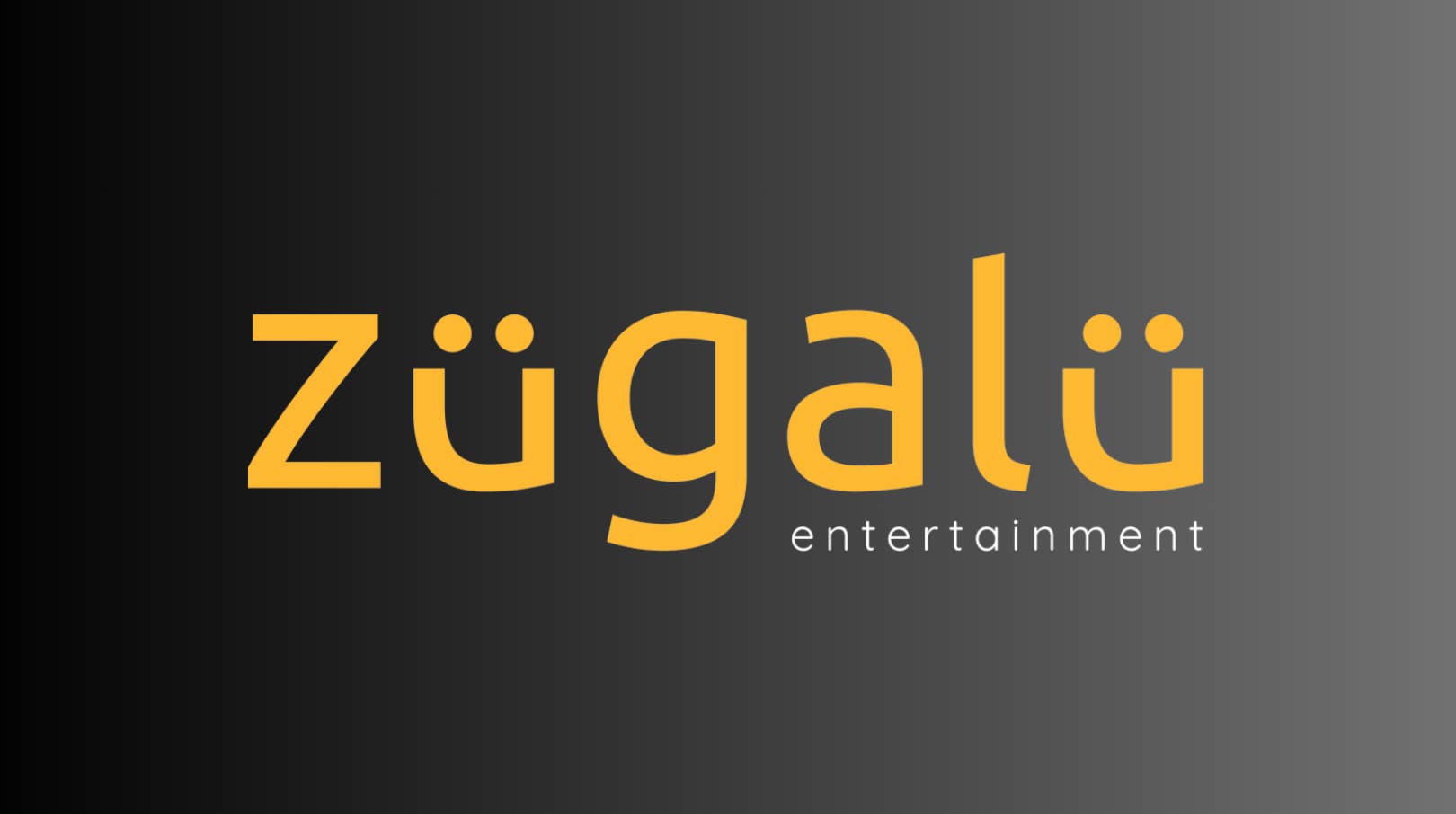














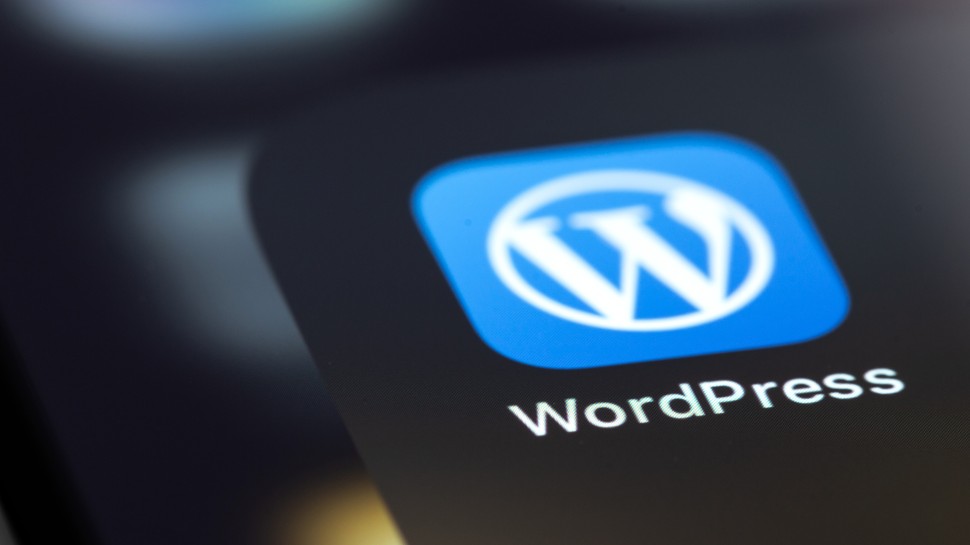





















































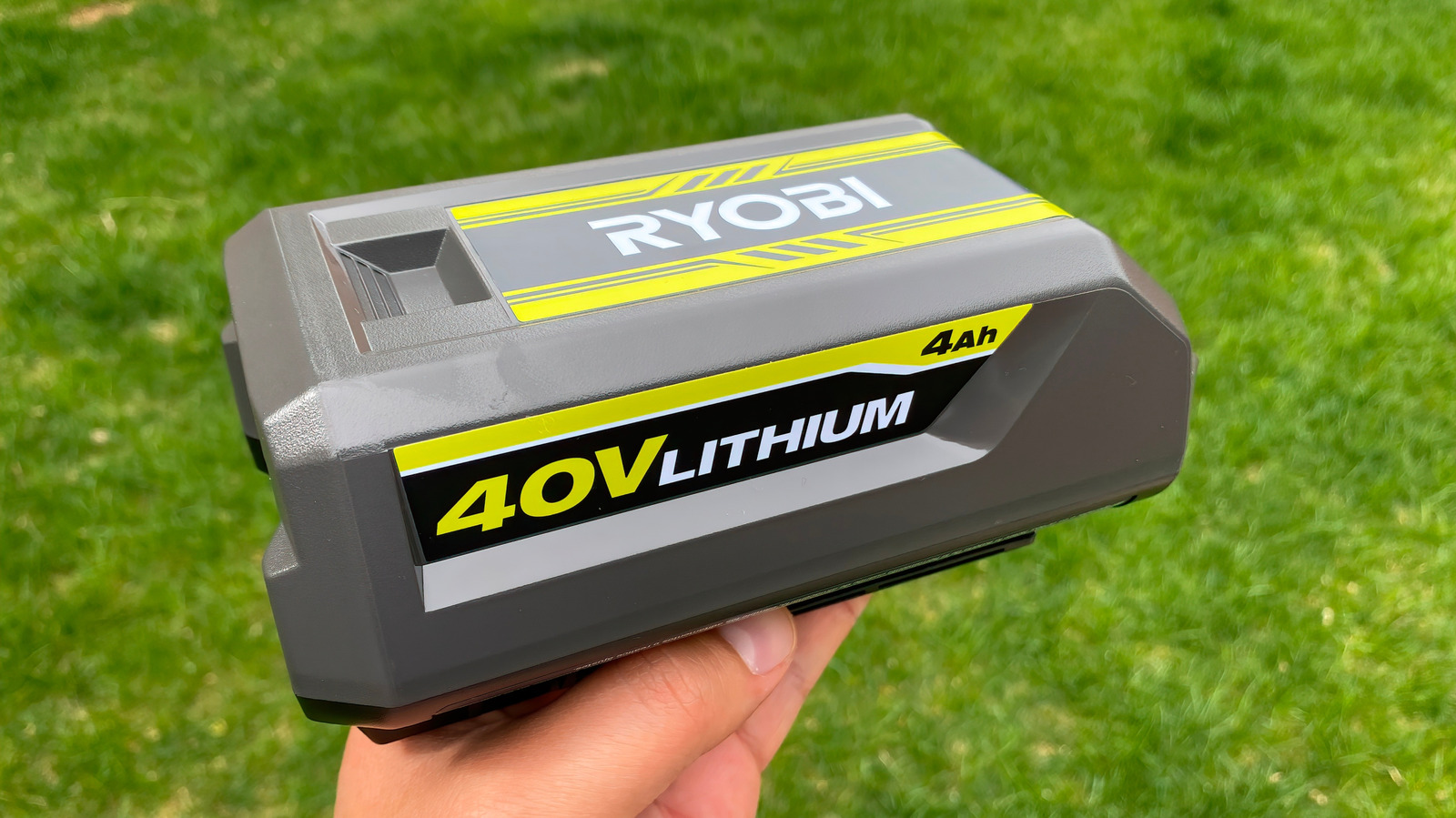


















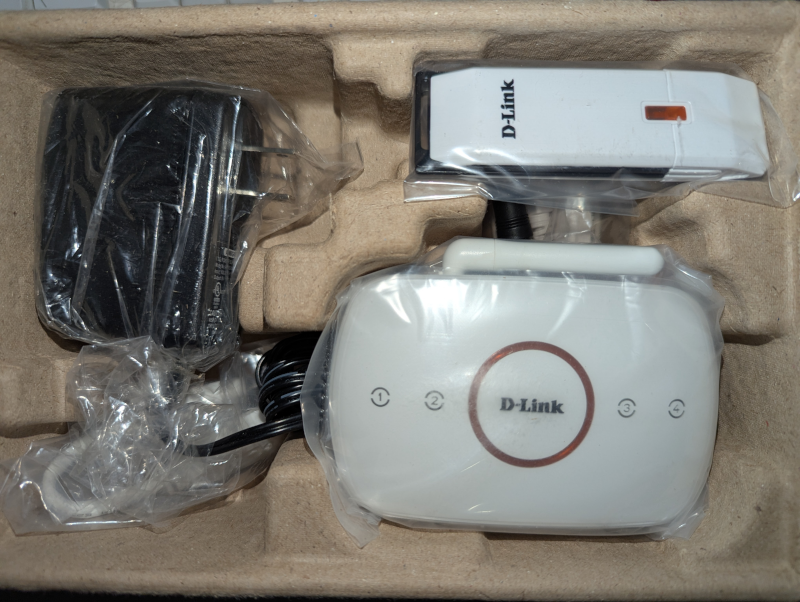























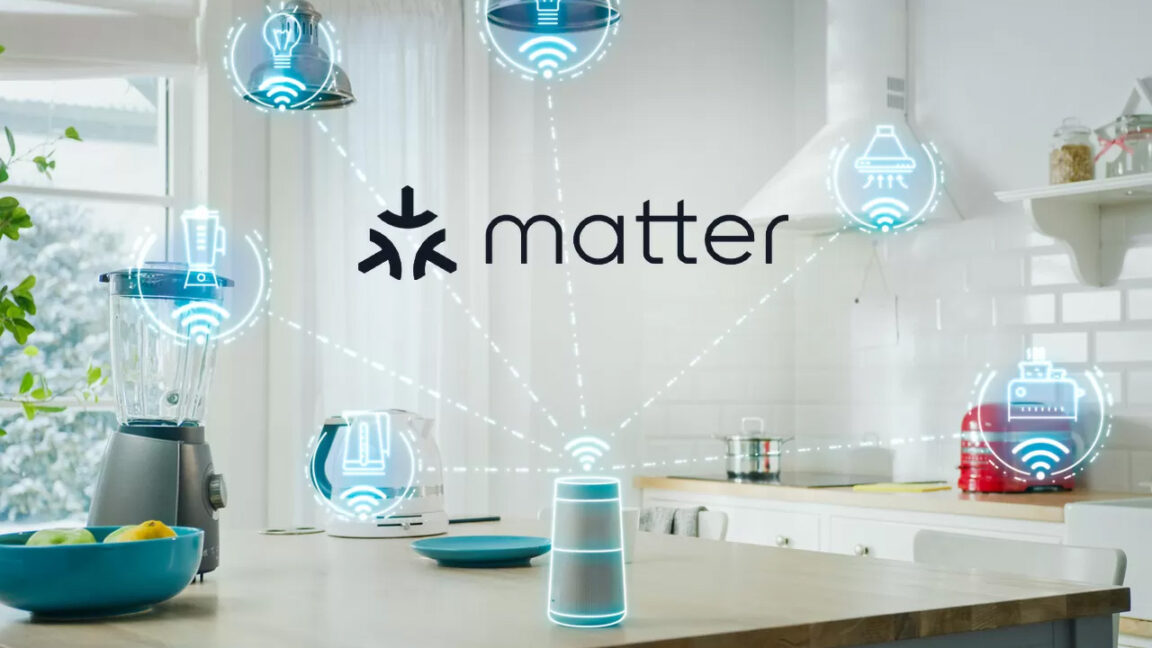
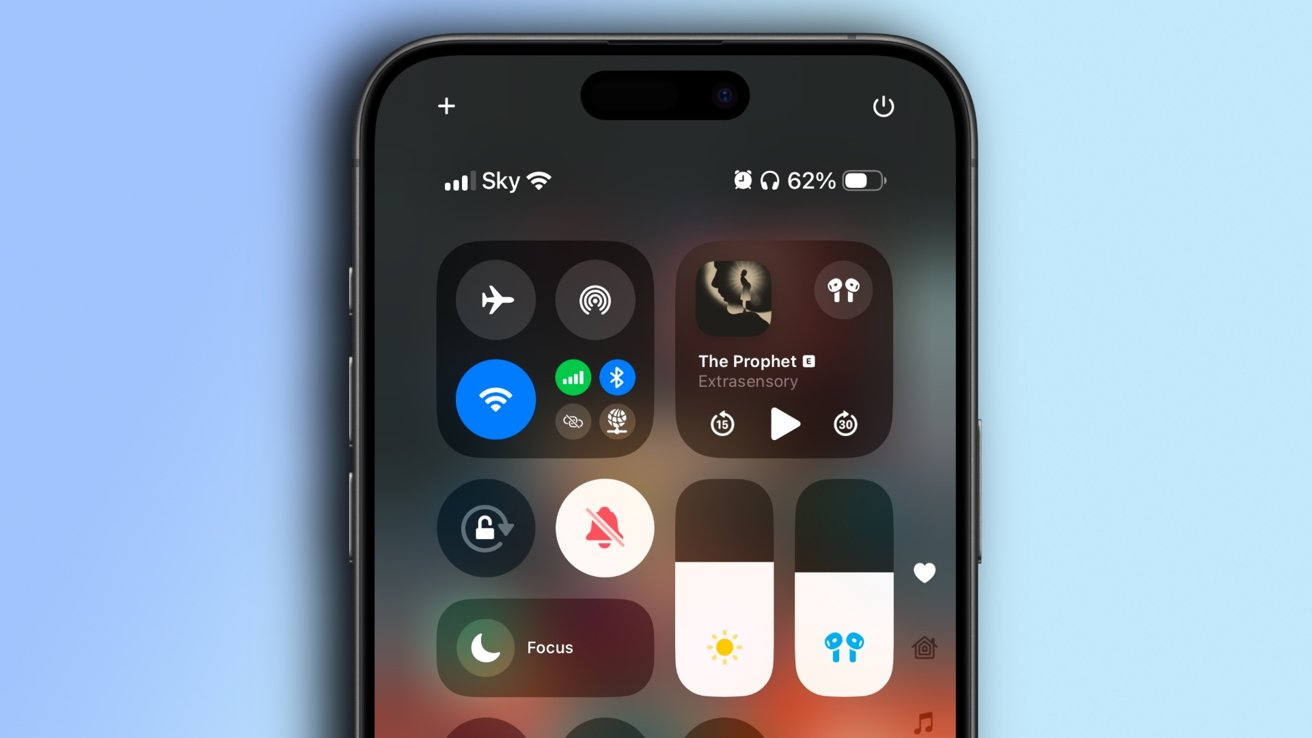

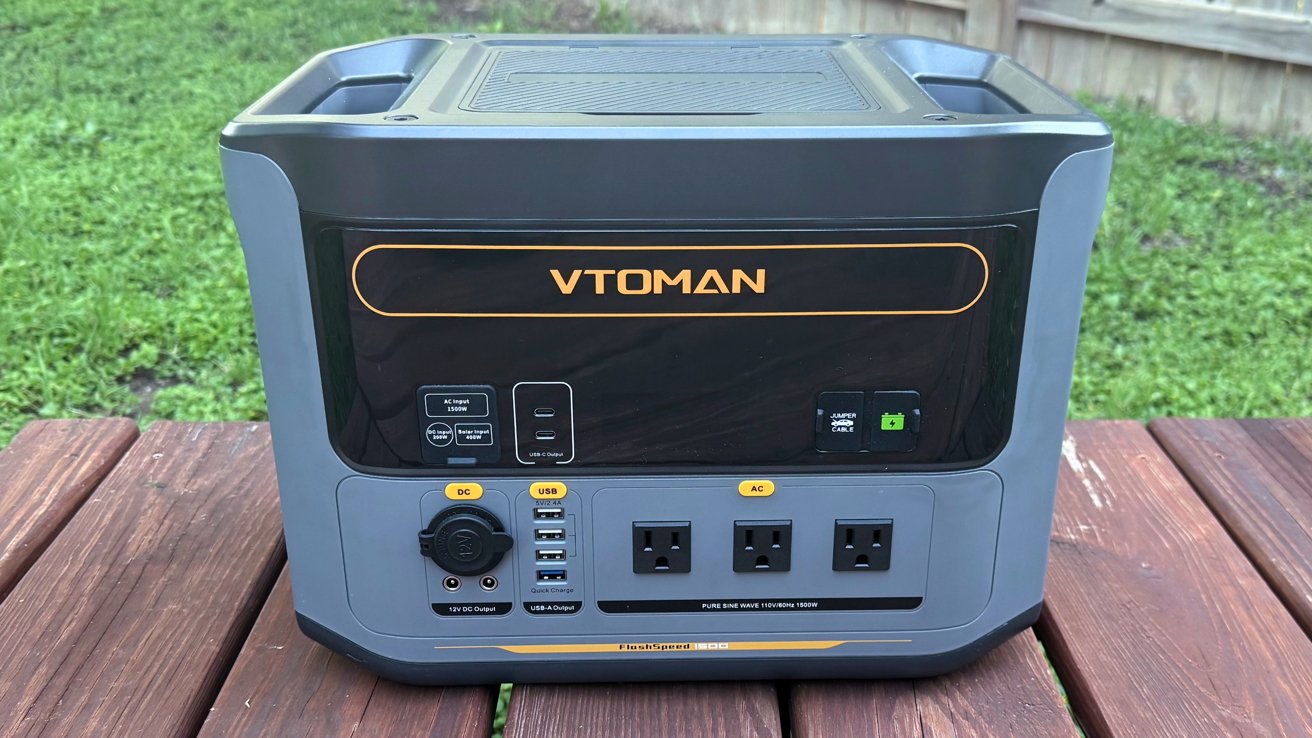
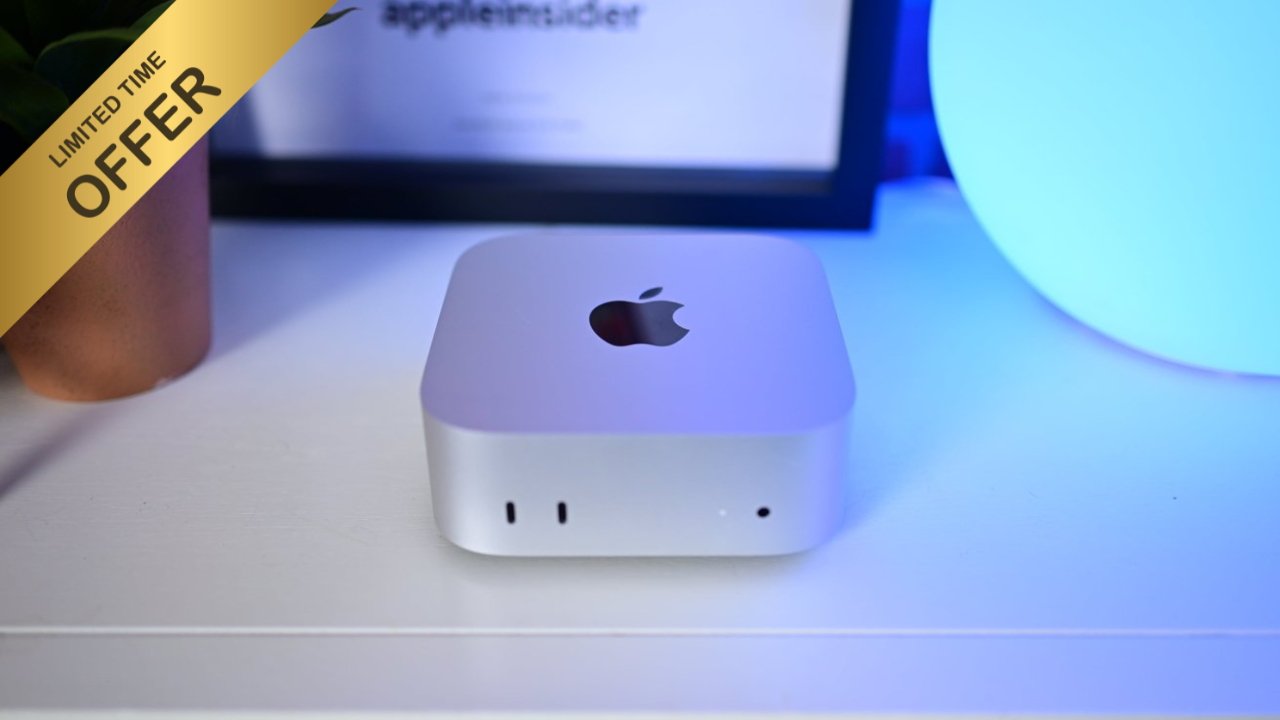




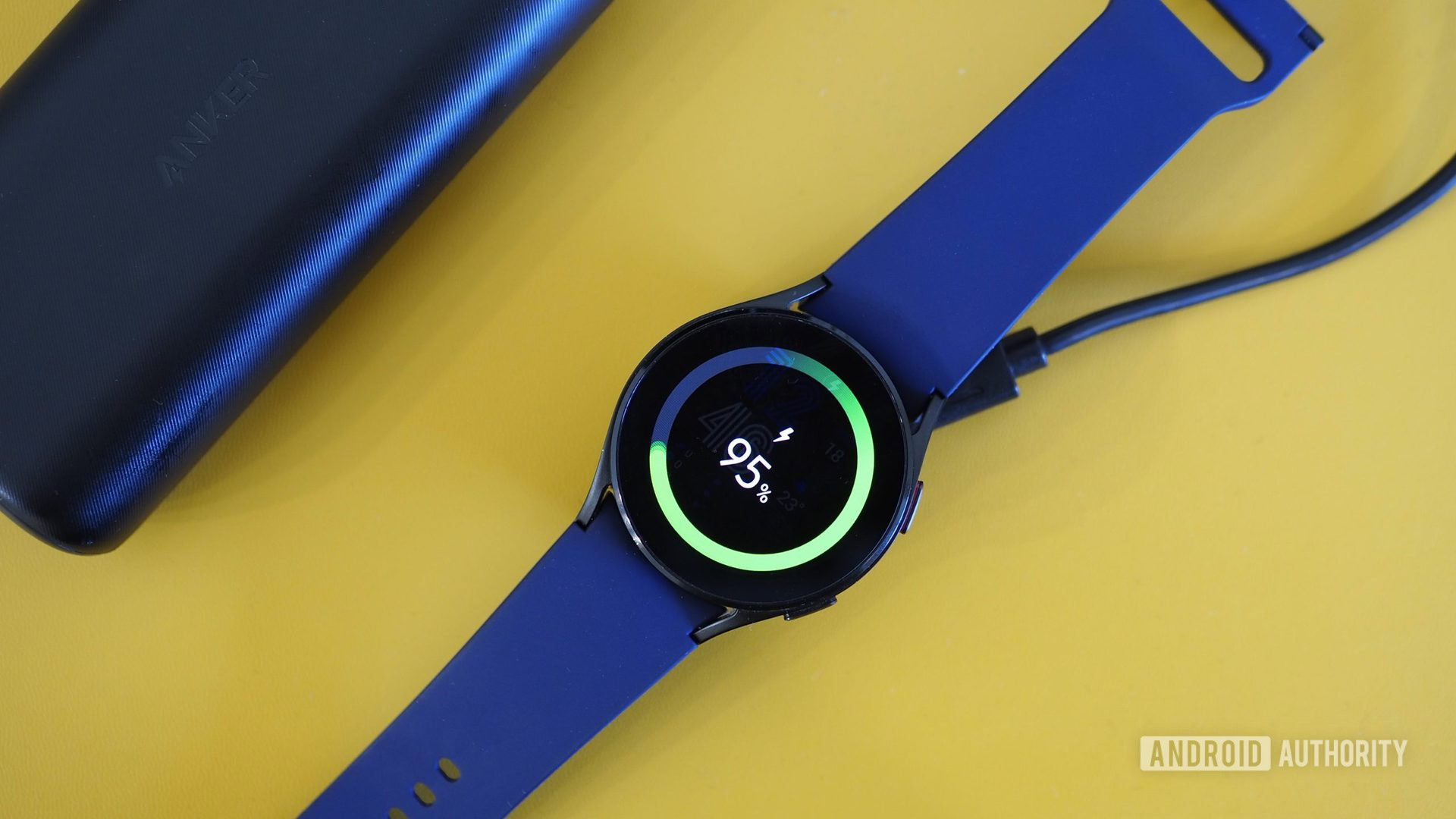
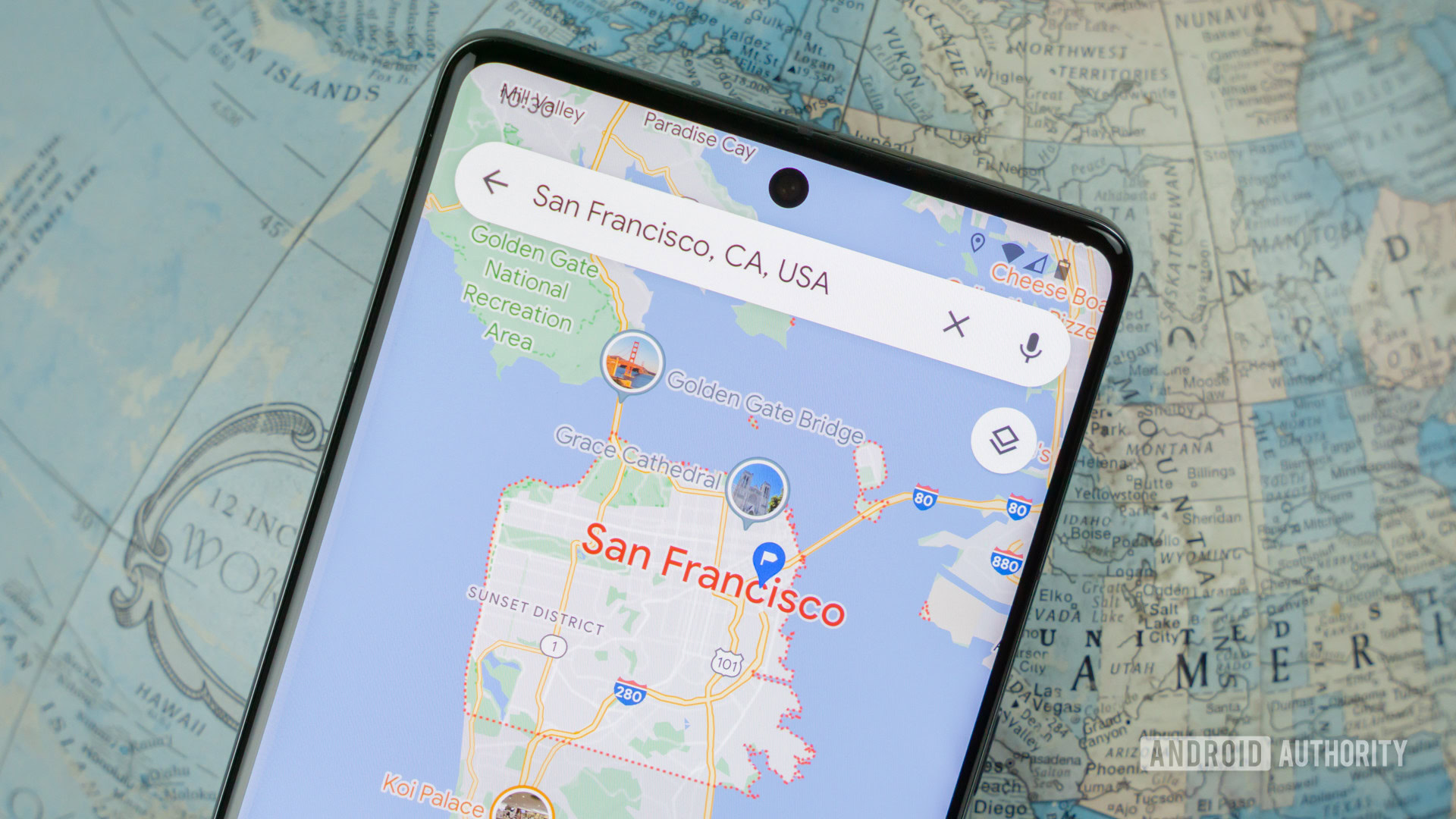





![Honor 400 series officially launching on May 22 as design is revealed [Video]](https://i0.wp.com/9to5google.com/wp-content/uploads/sites/4/2025/05/honor-400-series-announcement-1.png?resize=1200%2C628&quality=82&strip=all&ssl=1)










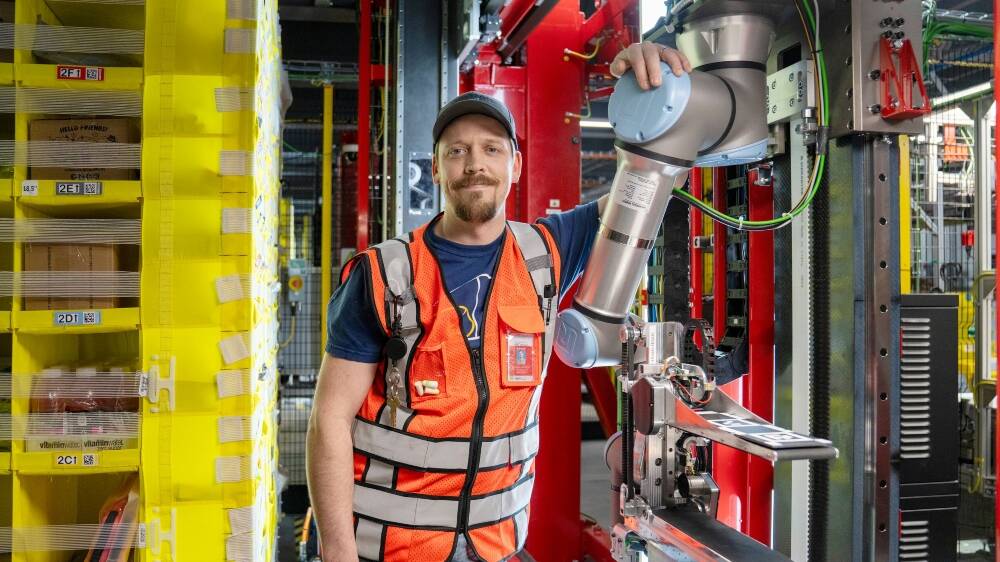
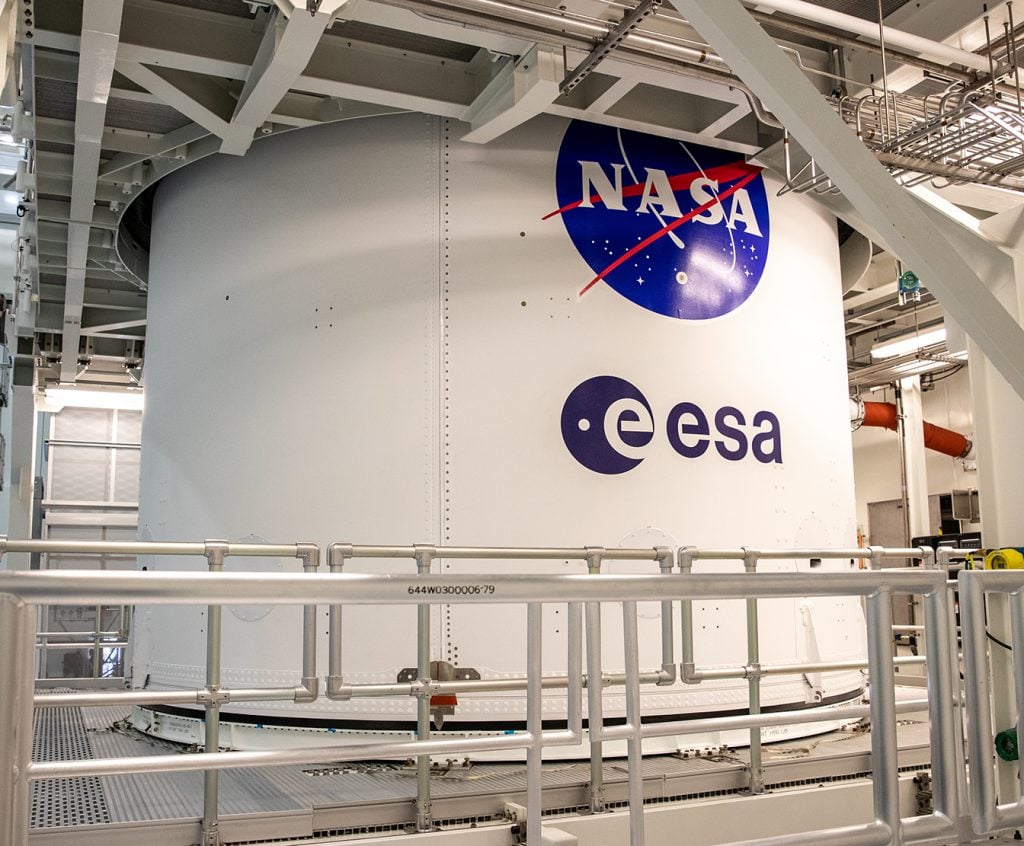


![Beats Studio Pro Wireless Headphones Now Just $169.95 - Save 51%! [Deal]](https://www.iclarified.com/images/news/97258/97258/97258-640.jpg)























